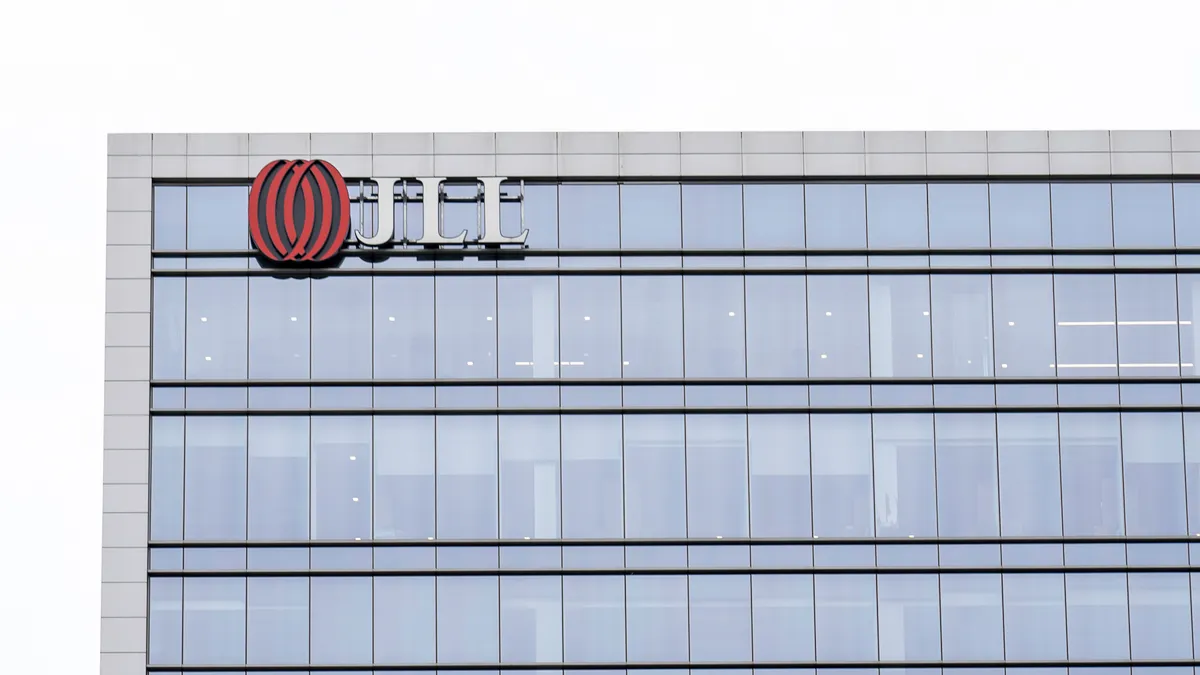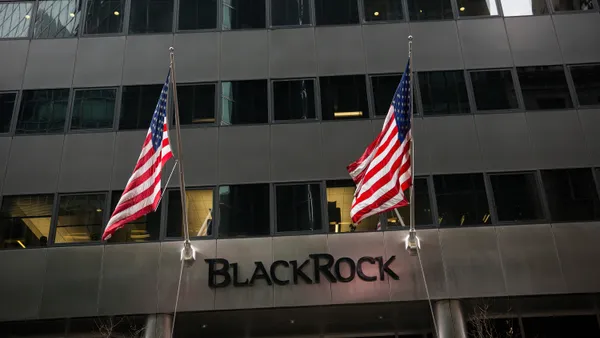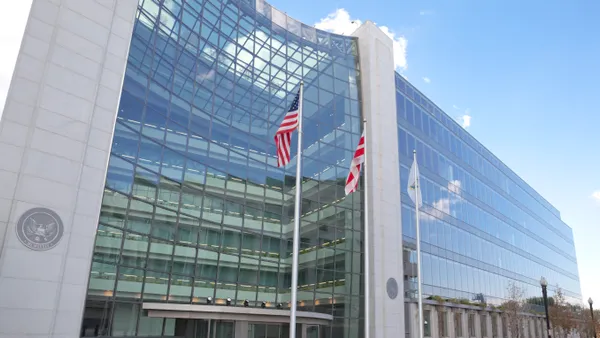Global real estate services company JLL has established an energy advisory and sustainability practice to lead the team’s work across the firm’s U.S. business lines and industries, it announced last week.
Core services will span engineering, finance and procurement, energy modeling and project and program management, with the goal of helping clients “meet ambitious sustainability goals while navigating uncertain energy markets, evolving regulation and increasing consumer expectations,” JLL said.
Josephine Tucker, previously head of JLL’s Clean Energy and Infrastructure Advisory services, will now head Energy Advisory and Sustainability for the Americas. She will lead a team of technical specialists to provide clients with expertise on energy sourcing, efficiency and end-use optimization, JLL said. This includes the integration of technologies such as EV charging, on-site and off-site renewables, battery storage and microgrid solutions, per the release.
“Market demand for clean energy and infrastructure is at an all-time high,” Tucker said in a statement. “More and more companies are seeking to reduce their carbon footprint while, at the same time, we see this rapid acceleration of power demand from data centers, reshoring of manufacturing and the electrification of everything from buildings to cars to infrastructure. This fundamentally changes how businesses own, operate and lease spaces.”
JLL can “play a huge role” in serving energy demands and reducing emissions, Tucker said.
Upwards of $1.2 trillion in capital expenditures may be needed across the globe to retrofit aging office assets to meet current standards, with 78% of office product and 83% of necessary capital expenditure concentrated in the U.S. and Europe, according to a November JLL report. Building owners must evaluate the future of their assets and align their portfolios with expectations of tighter ESG and building standards, the report states.
Retrofits of “top-of-the-line HVAC and other mechanical systems can meet more stringent sustainability requirements while also addressing wellbeing and health,” Phil Ryan, JLL research director, told Facilities Dive in November. These measures can “ensure continued viability as an investment” and provide a buffer against increased operational expenses, Ryan said.
JLL’s Work Dynamics business has helped avoid the emissions of more than 112,700 metric tons of carbon dioxide by advising clients on renewable energy projects across the over 2 billion square feet of real estate it manages, according to the release.













